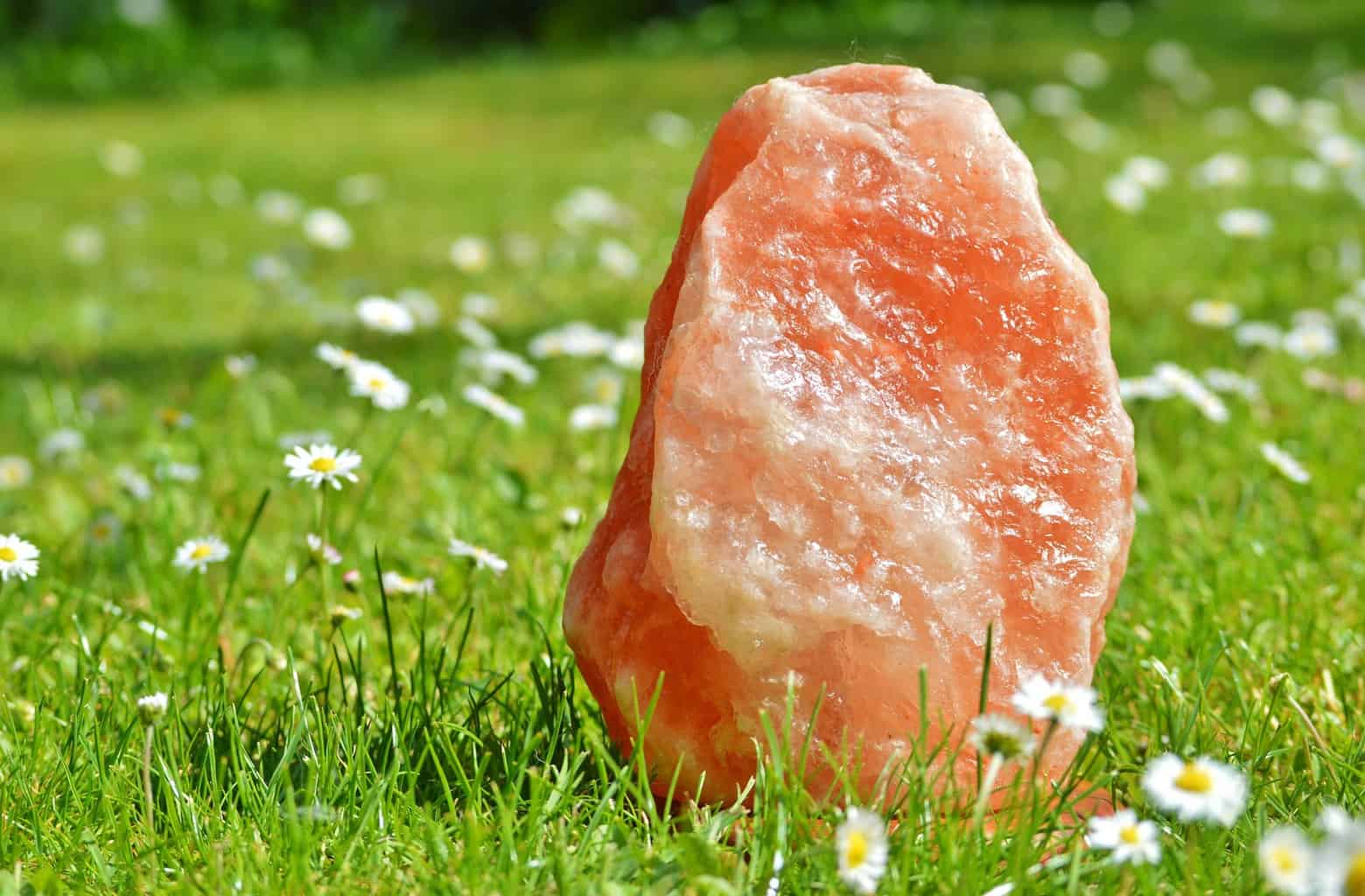Life itself depends on salt, and people in early civilizations went to great lengths to acquire it. It was, and still is, used to preserve and season food, and it is important in medicine as well as religious ceremonies, all of which have made it a valuable trade commodity. Some early cultures even used it as a form of currency. All of this means that from ancient China to Egypt, Greece, and Rome, the history of human civilization is closely linked to the history of salt.
The Importance of Salt in Chinese History
In ancient China, the history of salt can be traced back over 6,000 years. During the Neolithic period, the Dawenkou culture in northern China was already producing salt from underground brine deposits and using it to supplement their diet.
Recommended Reading
According to historians, salt harvesting also occurred at Lake Yuncheng during a similar period, in what is the modern-day Chinese province of Shanxi. Salt was such a valuable commodity that many battles were fought for control of the area and access to the lake’s salt flats.
The first known Chinese treatise on pharmacology, the Peng-Tzao-Kan-Mu, written more than 4,700 years ago, lists over 40 different types of salt and their properties. It also describes methods of extracting it and preparing it for human consumption.
During the Shang Dynasty in ancient China, beginning around 1600 BC, salt production began on a large scale. It was widely traded in pottery jars which, according to ‘The Archaeology of China’, served as a form of currency and ‘standard units of measure in the trade and distribution of salt’.
Other great empires that followed in early China, such as the Han, Qin, Tang and Song dynasties, took control of salt production and distribution. Furthermore, since it was considered an essential commodity, salt was often taxed and was historically an important source of revenue for Chinese rulers.
In the 21st century, China is the world’s largest producer and exporter of salt, with 66.5 million tons produced in 2017, primarily for industrial purposes.
Rock Salt Discovery and History in Asia

Geographically close to China, in the area that would become modern-day Pakistan, a different kind of salt with a much older history was discovered and traded. Rock salt, also known scientifically as halite, was created from the evaporation of ancient inland seas and saltwater lakes, which left concentrated beds of sodium chloride and other minerals.
Himalayan rock salt was first laid down more than 500 million years ago, 250 million years before massive tectonic plate pressure pushed up the mountains of the Himalayas. But while early cultures living around the Himalayan mountains are likely to have discovered and used deposits of rock salt much earlier, the history of Himalayan rock salt starts with Alexander the Great in 326 BC.
The ancient Macedonian ruler and conqueror was recorded resting his army in the Khewra region of what is now northern Pakistan. His soldiers noticed their horses started to lick the salty rocks in the area, a small surface part of what is now known to be one of the world’s most extensive underground rock salt deposits.
While larger scale salt mining wasn’t historically recorded in the Khewra region until much later, during the Mughal empire, it is likely rock salt has been harvested and traded here since its initial discovery many centuries earlier.
Today, the Khewra salt mine in Pakistan is the second largest in the world and famous for producing culinary pink rock salt and Himalayan salt lamps.
Latest Articles
The Historical Role of Salt in Ancient Egypt

Salt played an important role in the history of Egypt, which began over 5000 years ago. It was responsible for much of the wealth of the ancient Egyptians and central to many of their most important religious customs.
Early Egyptians mined salt from dried lakes and riverbeds and harvested and evaporated it from seawater. They were some of the earliest salt traders in recorded history, and they benefited greatly from it.
The Egyptian salt trade, especially with the Phoenicians and early Greek Empire, contributed significantly to the wealth and power of the Old and Middle kingdoms of ancient Egypt. Furthermore, the Egyptians were also one of the first cultures known to preserve their food with salt. Both meat, and particularly fish, were preserved by salting and a common part of early Egyptian diets.
Alongside pure salt, these salted food products also became important trading commodities, as well as being used in religious ceremonies. For example, a special kind of salt called natron, which is harvested from certain dry riverbeds, had particular religious significance to ancient Egyptians as it was used in mummification rituals to preserve the body and prepare it for the afterlife.
In modern times, Egypt is a much smaller salt producer. It is currently ranked 18th amongst the world’s largest exporters of salt and it for only 1.4 percent of global market share in 2016.
Salt Origins in Early Europe
Archaeologists recently discovered a salt mining town in Bulgaria they believe to be the earliest known town established in Europe. Named Solnitsata, the town is at least 6,000 years old and was built more than 1,000 years before the beginnings of the Greek civilization. Historically, salt production at the site may have begun as early as 5400 BCE, according to archaeologists.
Solnitsata would have been a very wealthy settlement, supplying highly sought after salt to much of what is the modern-day Balkans. This once again underlines the value and importance of salt in the history of the earliest human civilizations.
In the following centuries of early European history, the ancient Greeks traded heavily in salt and salted products like fish, particularly with the Phoenicians and Egyptians. The expansion of the early Roman Empire also had its origins in establishing trade routes for vital commodities such as salt to be brought back to Rome.
One of the most widely traveled of these was the ancient road known as Via Salaria (the salt route). It ran from Porta Salaria in the north of Italy to Castrum Truentinum on the Adriatic Sea in the south, a distance of more than 240 km (~150 miles).
In face, the word Salzburg, a city in Austria, translates to ‘salt city.’ It was also an important center of salt trade in ancient Europe. Today, the Hallstatt salt mine near Salzburg is still open and considered the world’s oldest operational salt mine.
The History of Salt and Human Civilization
Salt has profoundly affected human history and it is not overstating its importance to describe it as an essential element in the establishment of many early civilizations.
Between its ability to preserve food and its dietary importance to both humans and their domesticated animals, as well as its significance in medicine and relgion, salt quickly became a highly-prized and heavily-traded commodity in the ancient world, and it remains that way today.
READ MORE: Early man
Explore More Articles
The founding and expansion of great civilizations, such as the Greek and Roman empires, ancient Egyptians and Phoenicians, early Chinese dynasties and many more are closely linked to the history of salt and people’s need for it.
So while salt is cheap and plentiful today, its historical importance and central role in human civilization should not be underestimated or forgotten.
READ MORE: The Mongol Empire